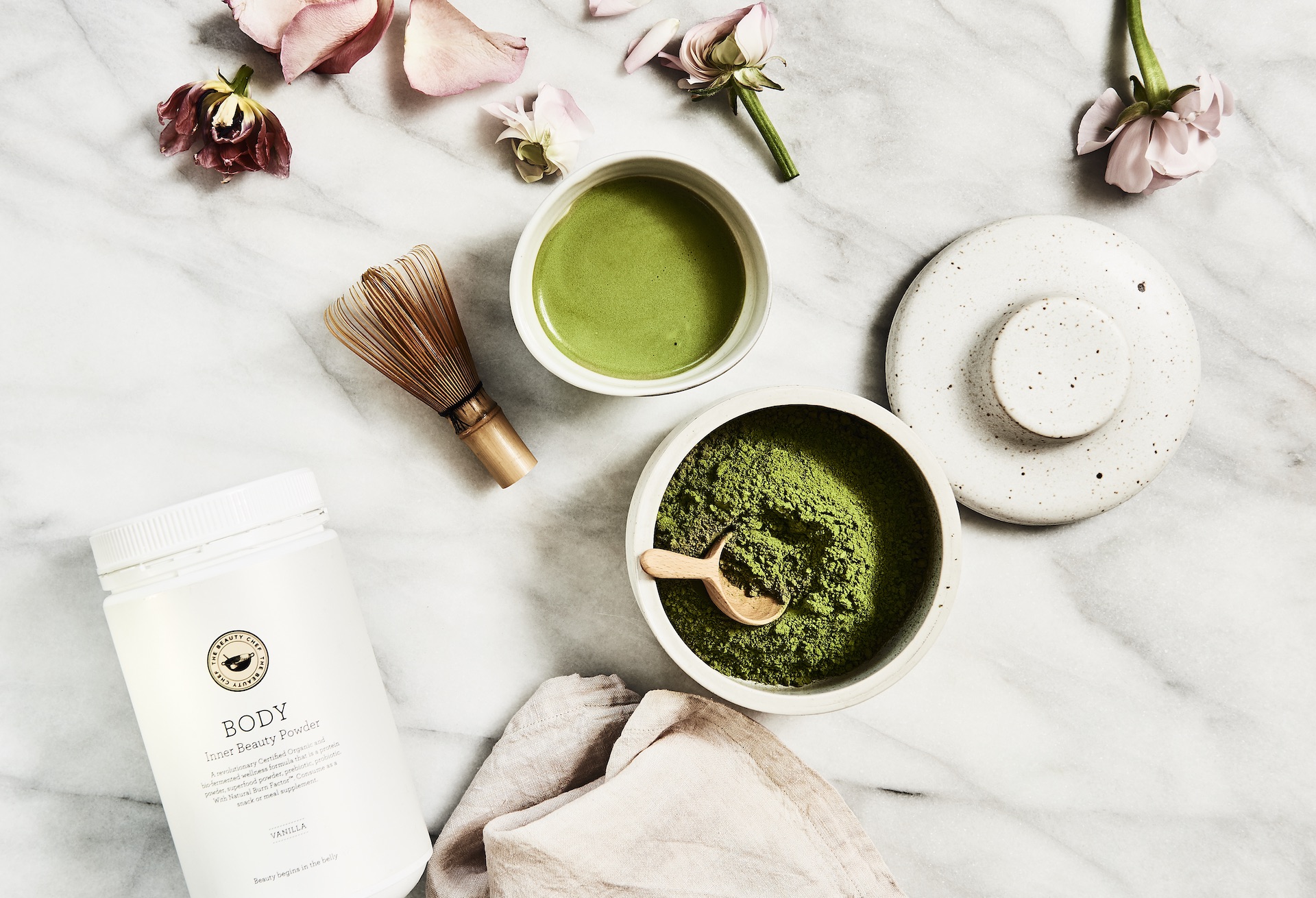Sunscreen is quickly becoming one of those catch-22 problems: We’ve been told our whole lives we absolutely have to wear it to prevent issues such as skin cancer, premature aging and harm to our global reefs, but lately, we’ve been hearing increasing concerns about the safety of sunscreens, especially when it comes to hormone disruption.
So what’s one to believe? What kinds of sunscreen are safe, and which ones aren’t? There’s a lot we still don’t know, but most research seems to suggest the best sunscreen is one that’s mineral based.
What Is Mineral Sunscreen?
Also called “physical sunscreens,” mineral sunscreens contain zinc oxide and/or titanium dioxide and form a barrier over your skin to protect you from the sun’s rays. If you associate these with the bright-white goos that leave a chalky finish, you’re right. However, more and more are being made using nanotechnology, which blasts the minerals into tiny pieces so they don’t give you that pallid sheen.
Even in teeny-tiny pieces, the minerals don’t seem to penetrate your skin’s barrier and therefore can’t get into your bloodstream. There are, however, some concerns about inhaling or ingesting nanoparticles. If that worries you, take the EWG’s recommendation and go with a mineral lotion over a spray or powder.
What’s the Deal With Chemical Sunscreens?
Chemical sunscreens are the easy-to-find ones that come in aerosol cans or coconut-smelling lotions. They protect you from the sun by sinking into your skin and absorbing UV rays. However, it looks like the active ingredients in these sunscreens may also be soaking into your bloodstream.
While the ingredients may be safe given the amount that actually gets in, they also might not be. The jury’s still out on a lot of them, and we’re generally fans of the phrase better safe than sorry.
The 3 Most Potentially Problematic Sunscreen Ingredients
Oxybenzone. This is a super-common ingredient in chemical sunscreens. It’s a potential allergen, but so is everything from wheat to dairy, right? If you’re allergic to it, definitely steer clear. Otherwise, here’s the deal: The FDA approved it as a sunscreen ingredient, but that may soon change.
Oxybenzone gets absorbed into our system through our skin (it’s an incredibly common chemical — 97% of the people tested by the CDC have oxybenzone present in their urine), and it’s a possible endocrine system disruptor. There is also a lot of evidence this chemical bleaches our coral reefs and is a neuroendocrine disruptor in fish. Basically, it’s a good idea to avoid it.
Octocrylene. This is another common ingredient. There’s some evidence it can build up in your system over time, and it may contribute to cardiovascular disease.
Octinoxate. There’s some serious evidence that this stuff is an endocrine disruptor, which means it may cause cancerous tumors. It may also cause reproductive toxicity, making it harder for people to get pregnant.
The Best Mineral Sunscreens to Try
From what we know right now, it’s best for our bodies and the planet to opt for mineral sunscreens. Wondering where to start? Give one of these a try.

1. Salt & Stone SPF 30
This water-resistant, broad-spectrum mineral sunscreen is one of our favorites — partly because of its minimal-cool packaging but also because it hydrates and calms the skin as it blocks UVA and UVB.

2. Suntegrity Skincare Mineral Sunscreen
The EWG is a huge fan of Suntegrity’s products, and so are we. They’re free of parabens, phthalates, propylene glycol, sulfates and other concerning chemicals but provide excellent protection. Suntegrity’s reef-friendly SPF 30 goes on smoothly and contains antioxidants for a healthy boost.

3. Supergoop! SPF 50 Mineral Sunscreen Stick
Supergoop! packs a lot of goodness in this tiny mineral sunscreen stick. Zinc oxide wards off rays, while a trio of oils (avocado, chia seed and olive) moisturize. We love that you can throw it in your bag without worrying about it turning into a goopy mess.










